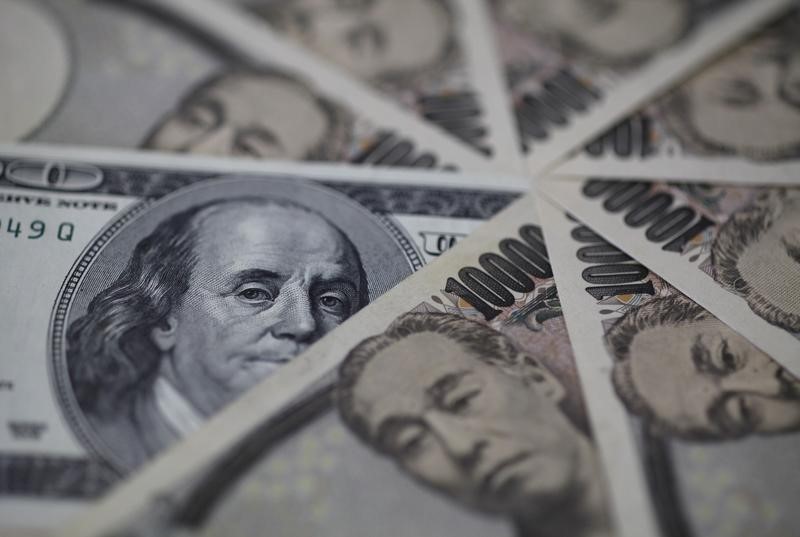Investing.com - The dollar remained lower against the yen and the other major currencies on Monday after the Federal Reserve indicated last week that it may not raise interest rates as quickly as some investors had expected.
USD/JPY was last down 0.16% to 119.83 after falling from highs of 121.19 on Friday.
The dollar weakened sharply on Friday, at the end of a volatile week’s trading amid uncertainty over the path of U.S. monetary policy after the Fed downgraded its forecasts for growth and inflation and lowered its interest rate projections.
The unexpectedly dovish Fed statement dampened expectations for a mid-year rate hike, sending the dollar lower.
Despite last week’s reversal the dollar looks likely to continue to strengthen, with the Fed still expected to raise interest rates ahead of other central banks.
The Bank of Japan expanded it stimulus program in late October amid concerns that falling oil prices could lower the inflation outlook.
Markets were turning their attention to Tuesday’s U.S. inflation report after Fed Chair Janet Yellen warned last week that the stronger dollar was pushing down inflation.
EUR/USD was up 0.68% to 1.0894, well off a 12-year trough of 1.0461 struck mid-month. The single currency also gained ground against the yen and the pound, with EUR/JPY at 130.5 and EUR/GBP rallying more than 1% to 0.7313.
The euro looked likely to remain under pressure despite its pullback in recent sessions.
The shared currency has fallen around 10% against the dollar so far this year as the European Central Bank’s trillion-euro stimulus program triggered massive cash outflows from the euro area.
Concerns over Greece also clouded the outlook for the euro as a standoff between Athens and its creditors over the terms of its bailout negotiations continued.
The U.S. dollar index, which measures the greenback’s strength against a trade-weighted basket of six major currencies, was down 0.51% to 97.55. The index fell 2.53% last week, the largest weekly decline since October 2011.
